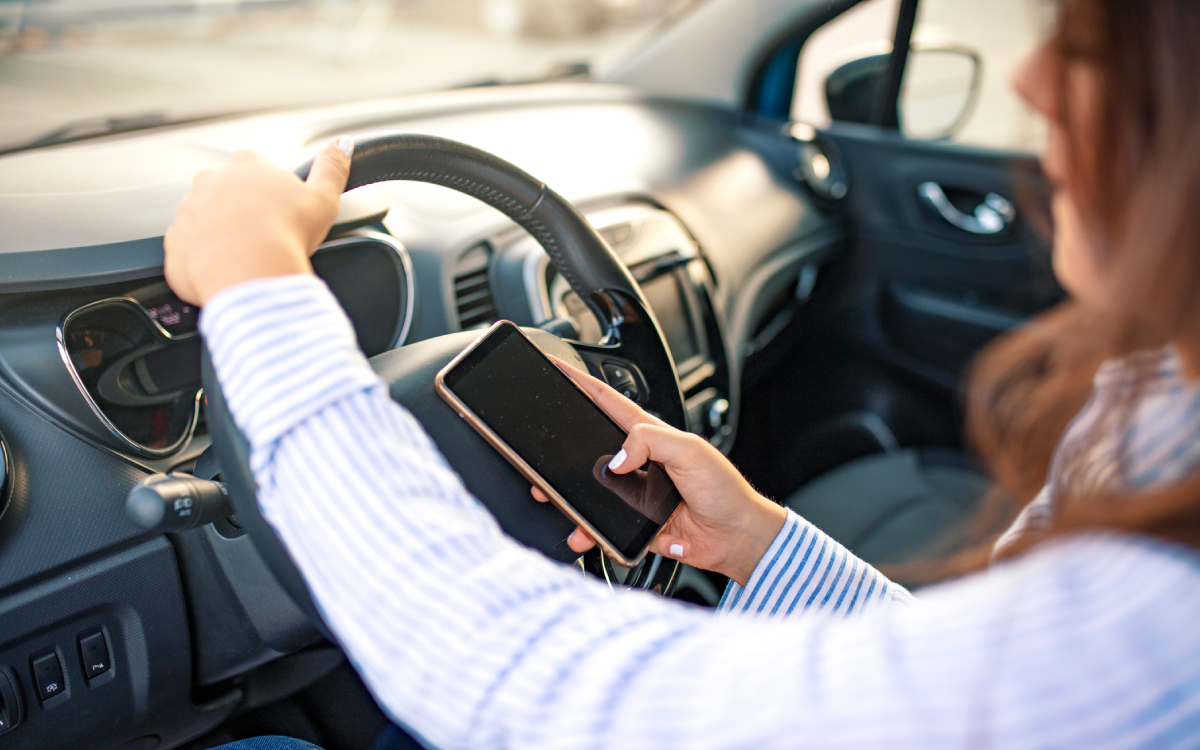
24 Apr Important Statistics About Risky Behavior in Teens
During our teenage years, we’re faced with many tough choices — from choosing who we hang out with, to deciding on future plans, to finding our identities. Combine that with mounting pressure from our society and peers — it can be very hard for teens to think about the long-term consequences of their actions. Which, in turn, can lead to some risky behaviors.
What Are Risky Behaviors?
Risky behaviors are anything that will put a teen, or anybody around them, in harm’s way. This could mean anything that leads to unintentional injuries, violence, tobacco use, drug and alcohol use, sexual behaviors that could lead to unintended pregnancy or STD’s, and even unhealthy dietary choices or lack of physical activity.
Because the brain is still developing throughout the teen years, it is common for teens to have trouble processing the consequences of their actions. Additionally, many teens take on the “not me” mentality, meaning although they know the risks, they don’t believe it could happen to them. Let’s now take a closer look at some important behavioral statistics surrounding teens and risky behavior.
42% of teens have emailed or texted at least once while driving.
With the rise in cell phone use, distracted driving is more of a hazard than ever. Many teens don’t think about the long term consequences, but rather focus on the instant gratification from replying right away or opening that Snapchat from their friend. Texting and driving can lead to car accidents, resulting in injury or even death. It’s important to talk with your teen about the dangers of distracted driving, and set up a protocol for them to let you know when they have arrived at their destination safely.
20% of teens have ridden with someone who had been drinking at least once in the past 30 days.
This statistic is especially jarring, as there is so much information out there about the damage that drunk driving causes. Not only is this endangering the teen themselves, but it also puts all those on the road around them in danger as well. Even if you teen is not partaking in alcohol use, getting in the car with someone who has is just as harmful.
18% of teens have had at least five alcoholic drinks (in a row)
As a parent of a teenager, you may be concerned about alcohol. It’s no secret that many teens will experiment with alcohol, and with the social pressure to try it, it can become increasingly difficult for teens to turn it down. Having a discussion with your teen about the dangers of underage drinking can help them to understand the harm it can bring, and why they should steer clear. Remember to speak with them in a calm and understanding way, and try to remember that they may be getting incorrect information from the internet or their peers when it comes to alcohol consumption.
12% of teens have had sex with four or more people.
When it comes to sexual activity, being safe is so important. Teens often don’t think they will be the one to get pregnant or contract an STD, and there is a lack of proper sex education in traditional schools. Because of this, teens engage in riskier sexual practices, and don’t take the proper precautions. Talking with your teen at home about sex, and how they can keep themselves and others safe, will supplement what they learn in school, and help them to make better choices.
10% of teens have smoked a cigarette within the past 30 days.
Just like with alcohol, teens also often experiment with drugs. With cigarettes becoming easier to get and more appealing in the form of flavored electronic cigarettes, teen tobacco usage is on the rise. Tobacco can lead to lung damage, affect the brain, and result in cardiovascular disease. Be sure your teen knows that just because a cigarette is marketed as a “vape pen” or comes in many flavors, the ingredients are still just as harmful as traditional cigarettes.
35% watched television for three or more hours per day.
Lack of physical exercise can have detrimental effects on the body. With technology evolving every day, and the effects of the pandemic over the last year, teens are spending more time than ever in front of screens. This makes it even more important for them to make the effort to get outside and get fresh air, move their body, and get the exercise they need.
All of these behaviors can have a negative impact on our teens physical and mental health, that can last for years. Luckily, there are ways to teach teens to make better choices. By helping them build self-esteem, encouraging them to practice self-love, and inspiring resilience within them, they’ll have all of the tools they need to make their own choices — and responsible ones at that.
At Tilly’s Life Center, we strive to help teens make healthy choices, and live their life to the fullest potential. Learn more at https://tillyslifecenter.org/
All statistics provided by the Youth Risk Behavior Surveillance conducted by the CDC.


